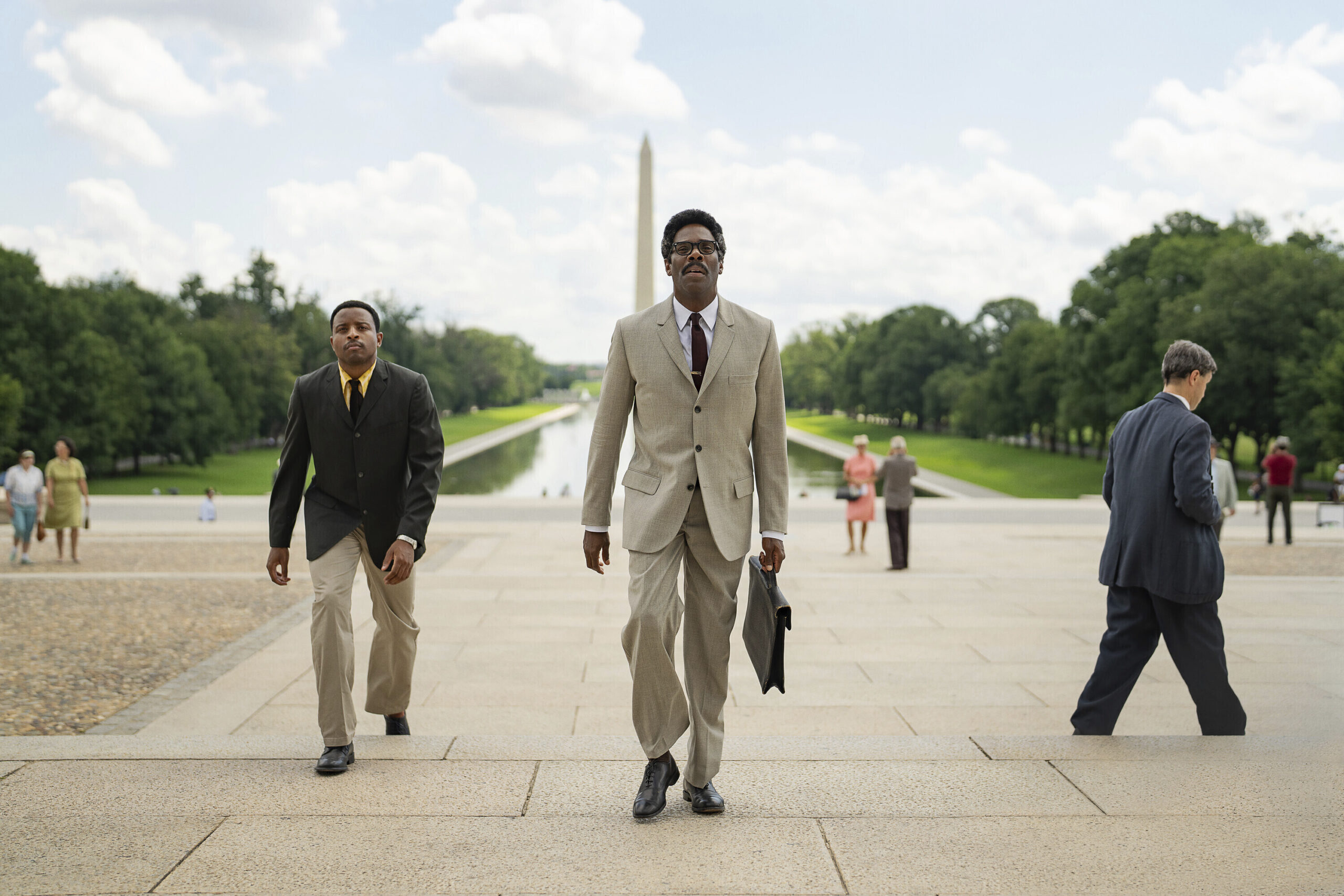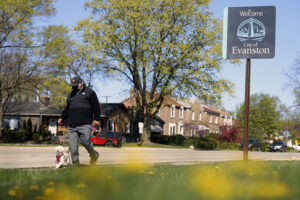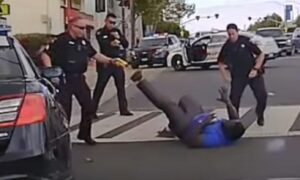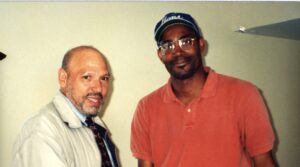TORONTO — Bayard Rustin is one of those names that everyone should know.
The late civil rights activist was the key organizer for the history changing March on Washington in 1963, and he also broke the mold, living as an out gay man in a era when it was not accepted, even outlawed. Rustin’s legacy is detailed in an upcoming movie named for him to be released this fall.
Rustin’s story starts in 1912 in West Chester, Pennsylvania, where he was born. His maternal grandparents raised him and his childhood was unlike those of other Black youngsters in his time. His household was wealthy and he was raised a Quaker.
Rustin’s family had ties to the Black community too. They occasionally attended the African Methodist Episcopal Church and Julia Rustin, his grandmother, was an NAACP member. Black scholars and leaders such as W. E.B. DuBois and James Weldon Johnson were frequent visitors to the Rustin home.
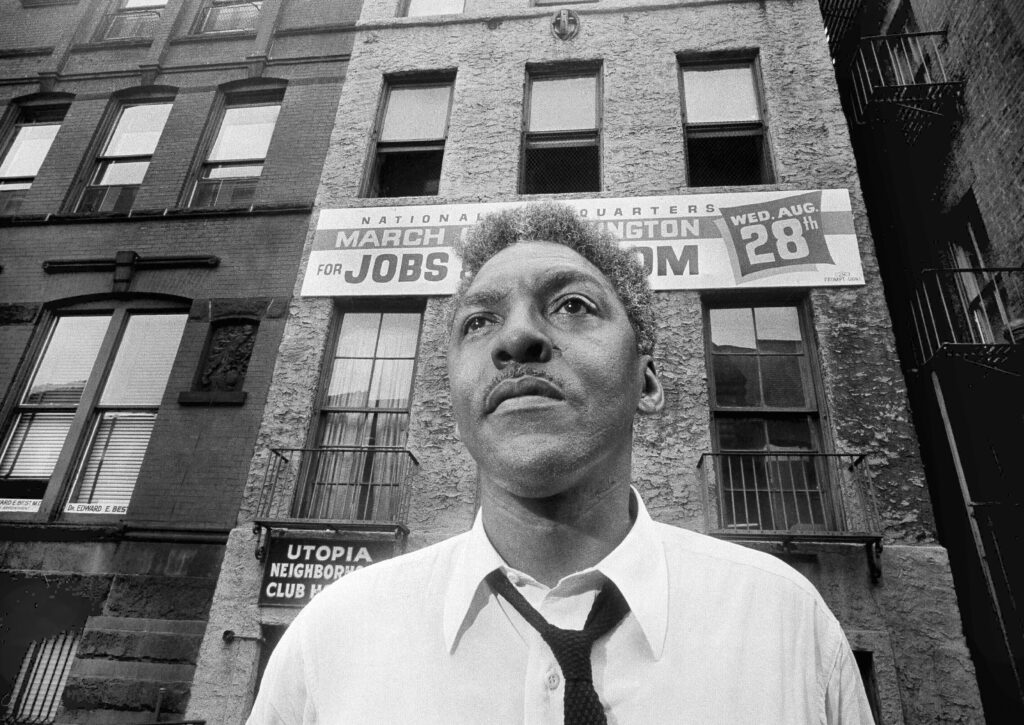
These early influences informed Rustin’s choice to become an activist. Throughout his youth, Rustin campaigned against Jim Crow legislation.
Rustin also realized at a young age that he was more at ease in the company of boys than girls. When he expressed these feelings to his grandmother, she said, “I suppose that’s what you need to do,” according to the PBS miniseries “The African Americans: Many Rivers to Cross.”
Rustin attended Wilberforce College, but he was expelled in 1936 for organizing a strike and later earned his bachelor’s degree from Cheyney State Teachers College (now Cheyney University of Pennsylvania).
Degree in hand, he underwent training from the American Friends Service Committee – a Quaker program working for peace and social justice – and relocated to Harlem in 1937, where he began advocacy work full force. But it is his work with the 1963 March on Washington that has garnered him the most recognition.
This is the work that is featured in the new Netflix film “Rustin,” starring Philadelphia’s own Colman Domingo. The film relays the story of Rustin’s role in planning one of the most significant events in modern history. It also provides some insight into Rustin’s struggles as an out Black gay man.
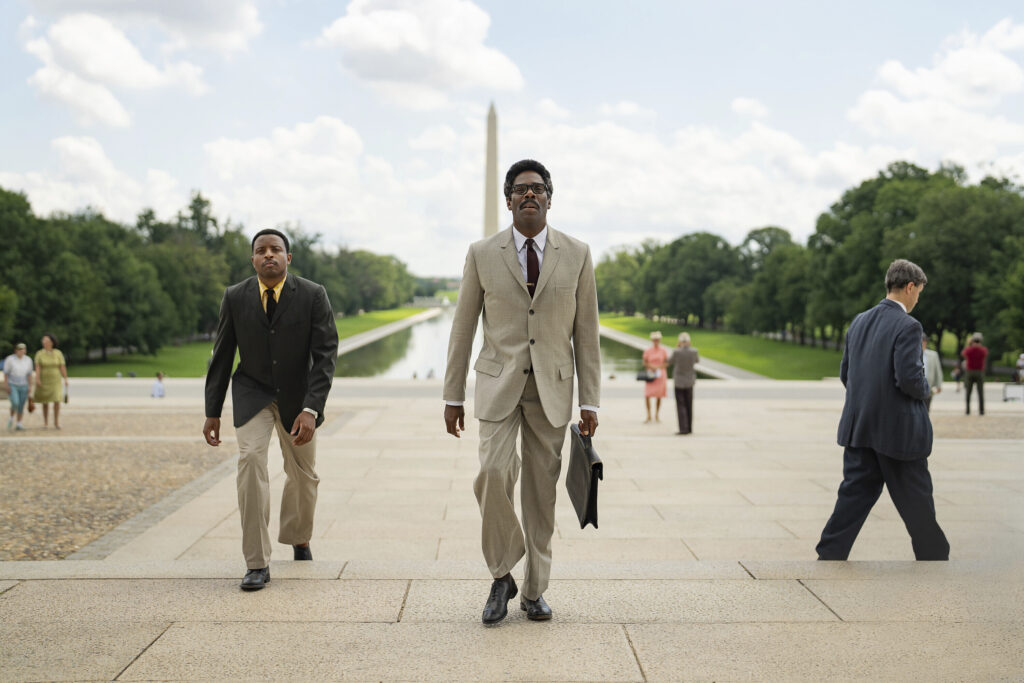
“Rustin,” which premiered at the Telluride Film Festival and was shown at the Toronto International Film Festival, will be released in select theaters on November 3 and available on Netflix on November 13.
Tony-award-winning director George C. Wolfe directed the biopic, pulling from his theater background by casting actors Glynn Turman as A. Philip Randolph, Michael Potts as Cleveland Robinson, and Audra McDonald as Ella Baker. Rounding out the cast are Chris Rock as Roy Wilkins, Aml Ameen as Martin Luther King Jr, CCH Pounder as Anna Arnold Hedgeman, Adrienne Warren as Claudia Taylor and Jeffrey Wright as Adam Clayton Powell Jr.
At the heart of the film is the internal politics of who was the face of the movement and what path Black leaders should take to ensure the passing of the Civil Rights Bill of 1964.
We observe how Rustin is ostracized for his sexuality and assertiveness in pressuring respected elders to take a stronger stand against the White House. The film also investigates the hold of the Black church on the Black community. Through that pipeline, leadership forms, and plans are made to combat segregation in the South. We also see how Southern and Northern Blacks regard each other in a furious dispute between Adam Clayton Powell, the senior Black member in Congress at the time, and A. Philip Randolph, a Rustin ally.
“Rustin” also delves into the activist’s personal life, from his friendships with Tom, a white male working on the March on Washington, and Elias Taylor, a younger pastor who is at the crossroads of sexual identity and respectability. Elias is married and set to take over his father-in-law’s church, but he has romantic feelings for Rustin.
Love is the one area in which Rustin can’t completely be free. He recognizes it is a threat to his reputation. Rustin’s identity also complicates his relationship with Dr. King. The icon admires Rustin so much that Rustin has a close relationship with Coretta Scott King and the couple’s children, but King must occasionally reject Rustin publicly in order to maintain his stature in the movement. The Black church, from which King sprang, has in the past expressed conservative views toward same-sex relationships.
“Rustin” the film doesn’t delve much into the activist’s early life or his life post civil rights era, but it does dive deeply into his work to organize and execute the March on Washington, including his work alongside Randolph.
Rustin also worked with women leaders who were marginalized in the movement because of gender, including Ella Baker, co-director of the Crusade for Citizenship, activist and politician Anna Arnold Hedgeman civil rights leader, and activist, author and sociologist Joyce Ladner. Rustin relied on their counsel and often placed them in positions of authority.
“Rustin ” reminds the audience that Black people must support the liberation of their entire community, including lgbtqia + members. This was Rustin’s later activist mission. The film should also spur younger generations to learn more about Rustin, a courageous visionary.

